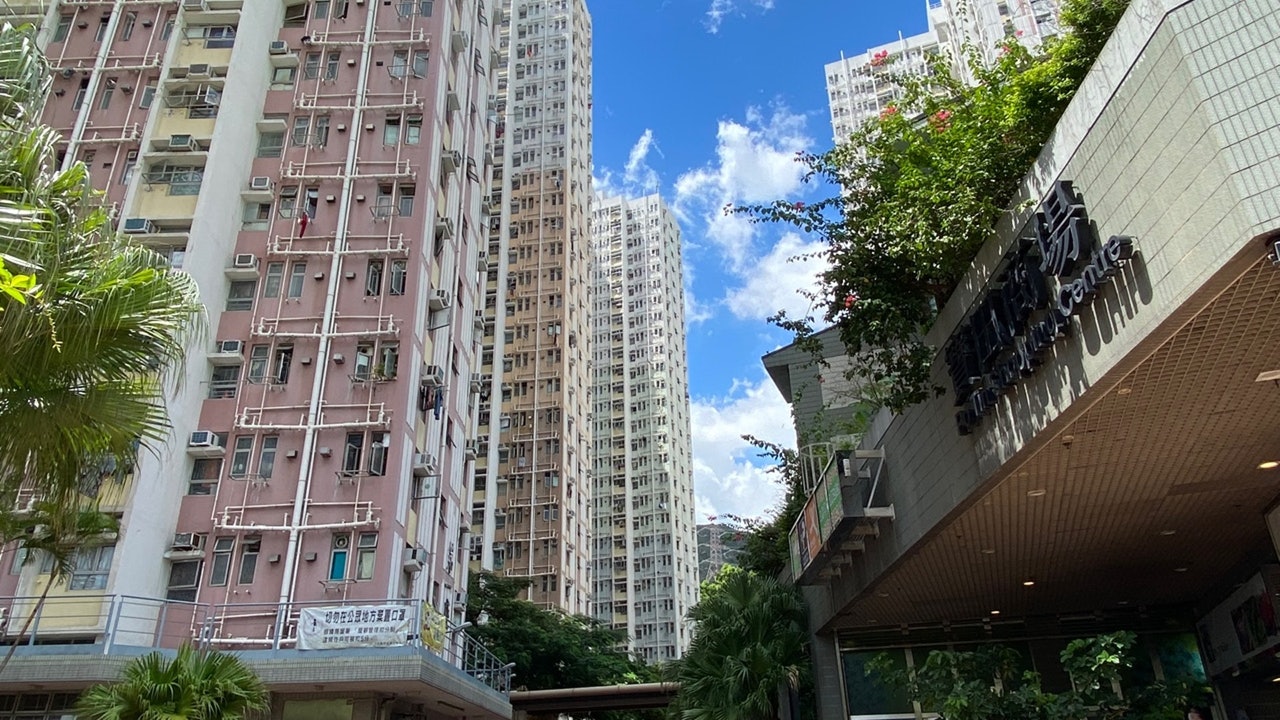Imagine a situation that we don’t want to see: Suppose a mother is facing domestic violence. There are two choices before her eyes: one is to bring the child into a bad home or homeless situation, and the other is to stay When the perpetrator continues to endure different forms and levels of violence by his side and alone, neither of these two options are ideal. In fact, this is also a dilemma faced by most women facing domestic violence.
These mothers who put their children first are likely to choose to sacrifice their own safety in exchange for a stable living environment for their children.
Is the above dilemma inevitable?
If women who have suffered domestic violence want to escape from the perpetrator, what choice do they have?
Written by: Student Team of the Boqun Community Research Project of the Chinese University of Hong Kong
Victims of domestic violence are in a situation that makes them homeless or forced to endure violence. After being abused, they also have the opportunity to face psychological sequelae, such as emotional effects such as depression, anxiety, sleep problems, etc. The difficulties in housing made their situation worse.
(Visual China)
At present, the support available to victims of domestic violence is limited and not long-term. Therefore, even if the mother finally decides to break the predicament and ask for help, the support they receive may not be able to protect her and her children's lives:
Shelter centres: As far as short-term immediate support is concerned, there are 6 shelter centres in Hong Kong, mainly for women victims of domestic violence, but generally only for short stays for 2 weeks to 3 months, so they will find another one after leaving the shelter Long-term residence is the real challenge.
The transfer housing was supposed to be a possibility to solve the housing needs of domestic violence victims. However, according to data from the domestic violence support organization Harmony House, only 15.93% and 5.26% of the cases received compassionate rehousing in 2017 and 2018, respectively. The batches are only a minority.
The picture shows the Shili transit house to be demolished.
(Information Picture/Photo by Huang Weimin)
Only a few cases of domestic violence in transit housing approved for self-evidence
Public housing splitting: Under the current policy, public housing tenants need to complete the divorce procedures if they want to apply for splitting.
However, it is quite common for the abuser to be unwilling to cooperate with the divorce.
If the victim wants to file for a divorce on the grounds of domestic violence, he must provide evidence on his own to prove that he has suffered domestic violence, including physical violence, sexual violence, and mental violence.
For some victims with low education level, it is very difficult to produce evidence on their own. Therefore, many victims will choose to file a divorce petition after two years of separation from their partners.
And because they have not divorced, they cannot move into another public housing unit or transit house.
Compassionate public housing resettlement: One of its functions is to "provide assistance to people who are undergoing divorce procedures but have social and medical needs due to special circumstances and there is no other feasible solution to their urgent and long-term housing needs." This should be another matter. One possibility to solve the housing needs of domestic violence victims, but according to data from the domestic violence support organization Harmony House, only 15.93% and 5.26% of the cases were compassionately resettled in 2017 and 2018, and only a few were lucky enough to be approved. .
All of the above-mentioned deficiencies in policies have resulted in the victims being forced to return to the perpetrator because they cannot have a long-term stable residence.
The current vacancy rate of Baotian transit housing is close to 25%.
(Data Picture/Photo by Lu Nuojun)
Victims are emotionally trapped and housing problems worsen
Victims of domestic violence are in a situation that makes them homeless or forced to endure violence. After being abused, they also have the opportunity to face psychological sequelae, such as emotional effects such as depression, anxiety, sleep problems, etc. The difficulties in housing made their situation worse.
At present, the transit houses mainly cover people who are homeless in the face of emergencies. There is no doubt about the urgency of domestic violence incidents. In addition, the transit houses have sufficient resources, except for the Shek Fence transit houses that are about to be demolished. At present, the vacancy rate of Baotian transit houses is close to 25%.
Our research team believes that the transfer housing should be used as a protection in addition to compassionate resettlement. Based on the principle of reasonable resource allocation, we recommend that residents meet the following conditions: (1) Divorced / in the process of divorce. Submit the divorce certificate within the year; (2) Currently living in public housing or eligible for public housing; (3) Evaluation and recommendation by a clinical psychologist/a medical report issued by a doctor or forensic doctor, proving that the victim has suffered physical or mental illness Violence, and then the domestic violence case social worker assisted in referral of the transfer housing application.
It is hoped that improving the occupancy eligibility policy of the transit house will enable more victims of domestic violence to get out of the predicament.
Demolition of Shek Lei Transit House|The team advocates population freezing instead of temporary shelters to "quench their thirst" for residents Housing|164 teams of vacant units in old housing estates in the district urge the resettlement of the original district to clear the transit housing in Shek Lei|Ninety percent of the interviewees are dissatisfied with the need to relocate to public housing in Ji Keyuan District of Baotian
01Community

